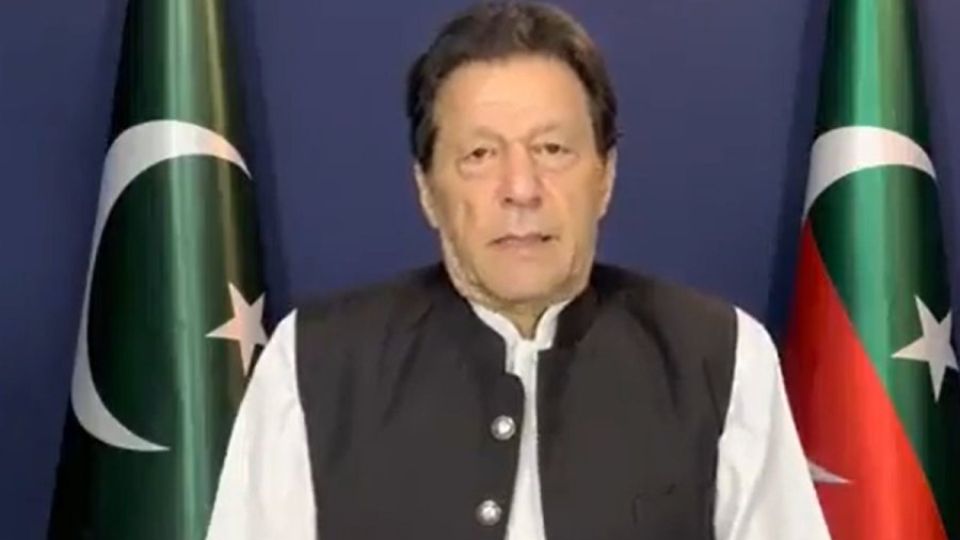June 21, 2023
NEW DELHI – As the exodus of former Prime Minister Imran Khan’s colleagues from his Pakistan Tehreek-eInsaaf continues in the wake of a brutal crackdown by the military-backed establishment, a few questions have come up. First, will Mr. Khan be disqualified from holding public office by the time elections are held later this year? Second, and if that does not happen, will he after the departure of so many of his colleagues have enough candidates with credibility to put up for the 342-member assembly, of which 272 seats will be up for direct election? While Mr. Khan has been in the line of fire of the coalition government ruling the country, and especially of a military incensed by his direct attacks on its role in the body politic, he has survived so far because of the support of the country’s President, appointed by him, and the Chief Justice of Supreme Court, who has granted him relief from time to time.
But with both these functionaries due to finish their terms in the next three months or so, those protections will no longer be available. After all, the palpable fear of his rabble-rousing brand of politics has brought the civilian administration and the military on the same page to target him. By some stretch, Mr. Khan is the country’s most popular politician. While he carries the taint of several charges leveled against him, including misappropriation from the official “toshakhana” or the state treasure-house, these pale into insignificance against the serial acts of corruption his rivals are guilty of.
His status as a national cricketing icon, one who secured the first World Cup victory for the country, remains intact. His apparent irreverence towards the military, a suffocating presence in the country almost since its independence, endears him to many, especially young voters. For these reasons, there is a reasonable chance the PTI would do well in the national election if Mr. Khan was around to lead it, and even if the candidates he puts up are unknown. It is this clear and present danger that might force Pakistan’s establishment to seek a way to ensure Mr. Khan is not a part of the political equation, even if such a step carries with it the risk of international condemnation. Pakistan’s generals and politicians of the country’s older political parties have too much to lose from a possible PTI victory for them to bother about democratic niceties.


